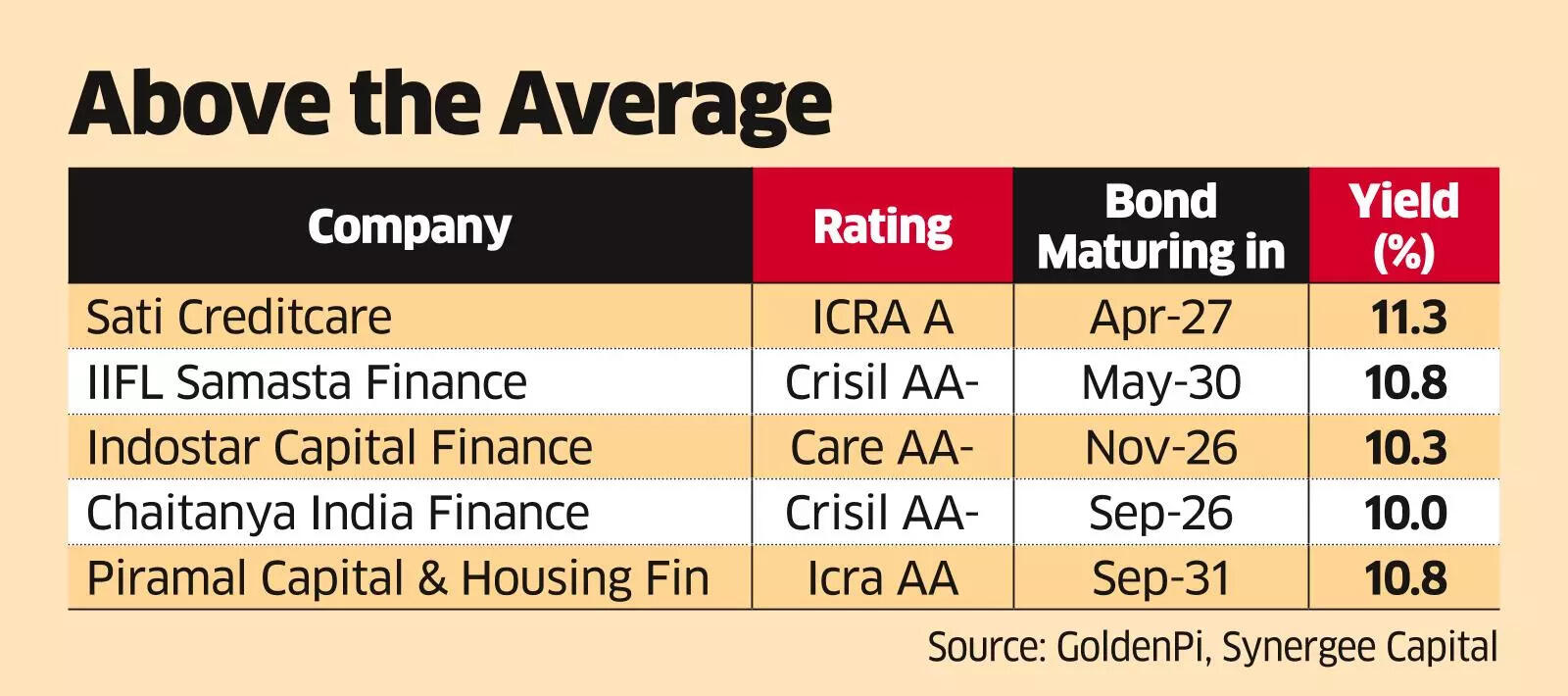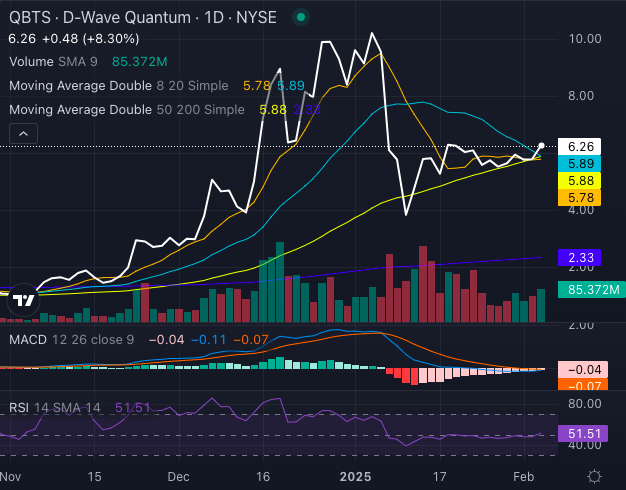BofA's Take On Elevated Stock Market Valuations: A Guide For Investors

Table of Contents
BofA's Current Assessment of Market Valuations
Bank of America's recent reports have expressed a degree of caution regarding current stock market valuations. While not outright bearish, their analysis suggests a need for vigilance and strategic adjustments in investment portfolios. The bank's assessments often incorporate a variety of valuation metrics and economic indicators to form a comprehensive view.
-
Summary of BofA's valuation metrics: BofA frequently utilizes metrics like the Price-to-Earnings ratio (P/E), the cyclically adjusted price-to-earnings ratio (Shiller P/E), and other fundamental analyses to gauge market valuations. Their reports often compare current valuations to historical averages and potential future earnings growth. Recent reports might highlight a relatively high P/E ratio compared to historical norms, suggesting potential overvaluation in certain sectors.
-
Key factors influencing BofA's assessment: BofA's assessment of market valuations is heavily influenced by several macroeconomic factors. These include prevailing interest rates, inflation levels, and the projected pace of economic growth. High inflation and rising interest rates, for example, can put downward pressure on stock valuations by increasing the cost of borrowing and potentially slowing economic expansion. BofA's economic forecasts play a significant role in shaping their outlook on market valuations.
-
Specific sectors highlighted by BofA: BofA's reports often delve into sector-specific valuations, highlighting sectors they deem overvalued or undervalued. For instance, they might identify technology stocks as potentially overvalued in a high-interest-rate environment, while pointing towards undervalued opportunities in sectors more resistant to interest rate hikes. Paying close attention to these sector-specific assessments can help investors fine-tune their portfolio allocation.
Understanding the Risks Associated with Elevated Valuations
Elevated stock market valuations inherently carry several risks that investors must acknowledge. A thorough understanding of these risks is crucial for effective risk management.
-
Risk of market correction or crash: When valuations are high, the potential for a significant market correction or even a crash increases. This is because high valuations are often unsustainable in the long run, and a sudden shift in investor sentiment or unexpected economic downturn can trigger a sharp decline in prices. BofA's analysis often incorporates probabilities of such market events.
-
Potential for lower returns in the future: High valuations often imply lower future returns. If current prices already reflect significant future growth, the potential for substantial capital appreciation may be limited. Investors should carefully consider this trade-off between current price and potential future returns.
-
Increased volatility and uncertainty: Markets with elevated valuations tend to exhibit higher volatility. This means that prices can fluctuate more dramatically in the short term, increasing the uncertainty and risk for investors. A thorough understanding of your risk tolerance is paramount in this environment.
-
The impact of rising interest rates on valuations: Rising interest rates can significantly impact stock valuations. Higher rates increase borrowing costs for companies and make bonds a more attractive investment, potentially drawing money away from the stock market. BofA’s analysis always considers the prevailing and projected interest rate environment.
BofA's Suggested Strategies for Investors
Given the current valuation environment, BofA typically recommends a cautious and diversified approach to investing. Their strategies often emphasize risk management and portfolio diversification.
-
Diversification strategies: BofA likely advises investors to diversify their portfolios across various asset classes (stocks, bonds, real estate), sectors, and geographies to mitigate risk. Reducing concentration in any single asset class or sector is key to weathering market fluctuations.
-
Value investing or growth investing (depending on BofA's recommendations): BofA's suggested approach might lean towards value investing (focusing on undervalued companies) or growth investing (focusing on companies with high growth potential), depending on their overall market outlook. Their recommendations will change based on their assessment of the market.
-
Importance of risk management and portfolio rebalancing: BofA emphasizes the importance of setting appropriate risk tolerance levels and regularly rebalancing your portfolio to maintain the desired asset allocation. This helps ensure that you're not overly exposed to any particular sector or asset class.
-
Consideration of alternative investments (if suggested by BofA): Depending on market conditions, BofA might suggest exploring alternative investments such as private equity, hedge funds, or commodities to diversify beyond traditional stocks and bonds. This diversification can help to reduce overall portfolio risk.
Analyzing BofA's Predictions and Their Implications
BofA's predictions for future market performance, both short-term and long-term, are crucial for investors to understand. These predictions are generally communicated through research reports and analyst commentary.
-
BofA's projected market returns: BofA will likely offer projections for market returns over various time horizons. These projections will take into account their assessment of current valuations, economic forecasts, and potential market catalysts.
-
Potential catalysts for market shifts: BofA analysts often identify potential catalysts that could trigger significant market shifts. These could include changes in monetary policy from central banks, geopolitical events, or unexpected economic data releases.
-
How investors can adapt their portfolios based on BofA's outlook: Investors can use BofA's predictions and analysis to refine their investment strategies. For example, if BofA predicts lower market returns, investors might adjust their asset allocation to reduce risk and increase exposure to more conservative investments.
Comparing BofA's View with Other Market Analysts
It's essential to compare BofA's perspective with that of other prominent financial institutions and analysts. This provides a more comprehensive and nuanced understanding of market sentiment and helps investors make well-informed decisions. Consider comparing BofA's analysis with the views of firms like Goldman Sachs, Morgan Stanley, and JP Morgan, among others, to gain a broader perspective on current market valuations.
Conclusion
BofA's analysis of elevated stock market valuations highlights the need for caution and strategic adjustments in investment portfolios. The potential risks associated with high valuations, including the possibility of market corrections and lower future returns, necessitate a diversified and risk-managed approach. BofA's suggested strategies, emphasizing diversification, risk management, and careful consideration of value versus growth investing, provide a framework for navigating this complex market environment. Remember to consider BofA's insights alongside your personal investment goals and risk tolerance.
Call to Action: Stay informed about BofA's perspective on stock market valuations by regularly reviewing their research reports and publications. Learn more about managing risk in a high-valuation market and use BofA's analysis to guide your investment strategy. Understanding BofA's take on stock market valuations is crucial for making smart investment decisions in today's market.

Featured Posts
-
 Understanding The D Wave Quantum Qbts Stock Dip On Thursday
May 21, 2025
Understanding The D Wave Quantum Qbts Stock Dip On Thursday
May 21, 2025 -
 Why D Wave Quantum Qbts Stock Plunged On Monday Key Factors
May 21, 2025
Why D Wave Quantum Qbts Stock Plunged On Monday Key Factors
May 21, 2025 -
 Porsches Identity Crisis Caught Between Ferrari And Mercedes Amidst Trade Wars
May 21, 2025
Porsches Identity Crisis Caught Between Ferrari And Mercedes Amidst Trade Wars
May 21, 2025 -
 Rey Fenix Joins Wwe Smack Down Next Weeks Debut And Name Reveal
May 21, 2025
Rey Fenix Joins Wwe Smack Down Next Weeks Debut And Name Reveal
May 21, 2025 -
 Bbai Stock Analyzing The Recent Analyst Downgrade And Future Growth Prospects
May 21, 2025
Bbai Stock Analyzing The Recent Analyst Downgrade And Future Growth Prospects
May 21, 2025
